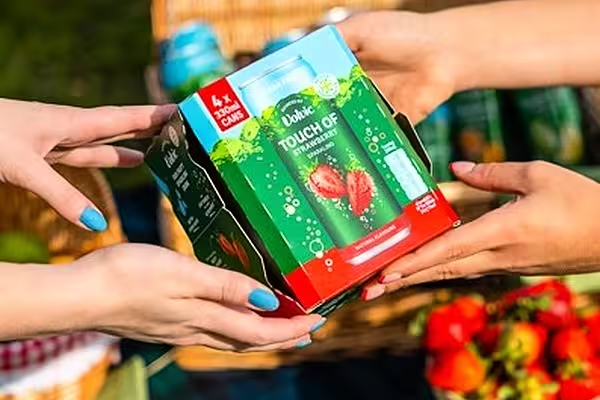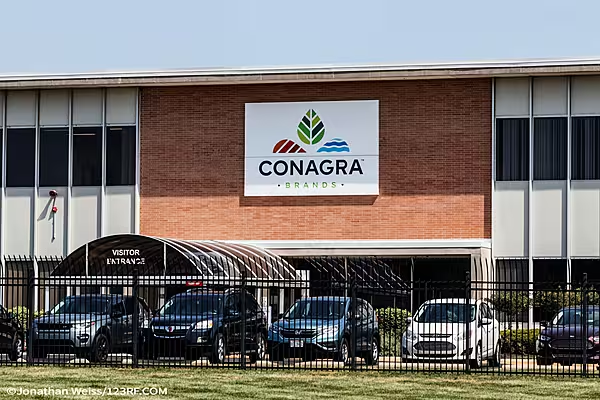Tissue maker Essity expects the impact of coronavirus vaccination programmes to boost demand this year particularly from business customers after first-quarter profits fell by a third as lockdowns hit demand.
Essity is the global leader in hygiene products for businesses under the Tork brand, and in incontinence products with TENA. It is the world's second-biggest maker of consumer tissue toilet paper and handkerchiefs with brands such as Lotus, Edet, Tempo and Vinda.
"Improved market conditions resulting from the ongoing vaccination programs is expected to result in increased demand in Professional Hygiene," it said on Friday.
Operating Profit
Essity's first-quarter operating profit fell 32% from a year earlier to 3.48 billion crowns ($413 million) as restrictions and lockdowns meant organic sales fell 10%. Analysts had expected a slightly higher profit of 3.64 billion crowns, based on Refinitiv data.
The group's shares were down 3.5% in early trade.
Professional Hygiene, its division that makes products for offices, restaurants, hotels and schools, took the biggest hit with a profit drop of 70% as people stayed more at home.
The unit's sales a year earlier were also unusually high as people hoarded toilet paper in the early stages of the pandemic.
China Sales
The rival to Procter & Gamble and Kimberly-Clark said a significant pick-up in sales in China in the first quarter, and an increase in demand in North America at the professional hygiene division highlighted the impact of the vaccination programmes on market conditions.
The company also provided more details about a previously announced restructuring programme that runs through 2025.
Essity said the programme would contribute to its total annual cost savings of 500 million to 1 billion crowns through "the optimisation of the production structure, productivity improvements and raw material and energy savings." The programme was also expected to lower working capital by more than 1 billion through these measures.
News by Reuters edited by Checkout. Click subscribe to sign up for the Checkout print edition.









